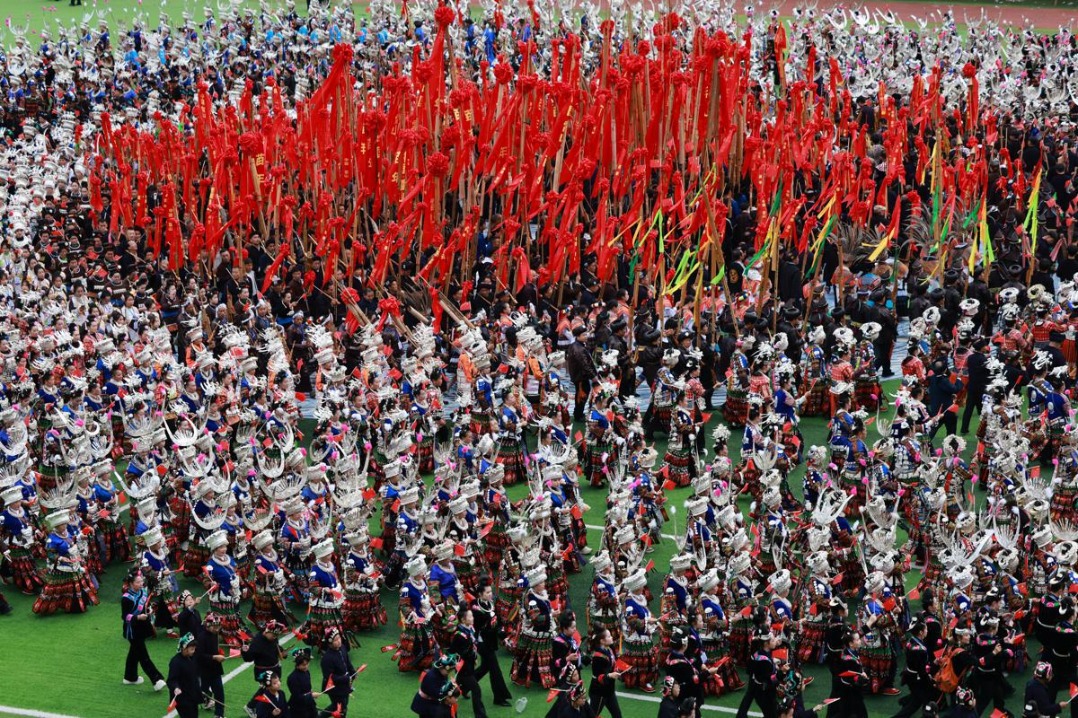Chinese researchers reveal how climate warming alters plant phenology

BEIJING -- Chinese researchers have recently revealed how global warming changes the fruit development period of temperate woody species.
Climate warming has significantly altered the phenology of plants. In contrast to the widely reported warming-induced extension of the vegetative growing season, the response of the fruit development period from flowering to fruiting remains largely unexplored, particularly for woody plants.
Researchers from the South China Botanical Garden under the Chinese Academy of Sciences analyzed more than 560,000 in situ observations of both flowering and fruiting dates for six temperate woody species across 2,958 European phenological observation sites from 1980 to 2013.
They found that the flowering and fruiting time of all species advanced with climate warming, and accordingly, the whole fruit development period showed an advanced trend, according to a paper published in the journal Global Change Biology.
The study also showed that the advancing rates of flowering and fruiting time were not necessarily equal for any given species, resulting in divergent changes in the length of the fruit development period among species with climate warming.
The differential response of the fruit development period indicates that plants adopt different reproductive phenological strategies to cope with climate warming. It may change species adaptability and affect the structure and function of forest ecosystems.
- Forum unites global experts to enhance city image communication
- Miao New Year celebrations get underway in Guizhou's Leishan county
- Mainland spokesman reiterates stand on Taiwan
- Fujian county's rural development becomes a big draw for Taiwan investors
- Nobel laureate in chemistry: Give young scientists more independence
- Are Asians really better at math?




































